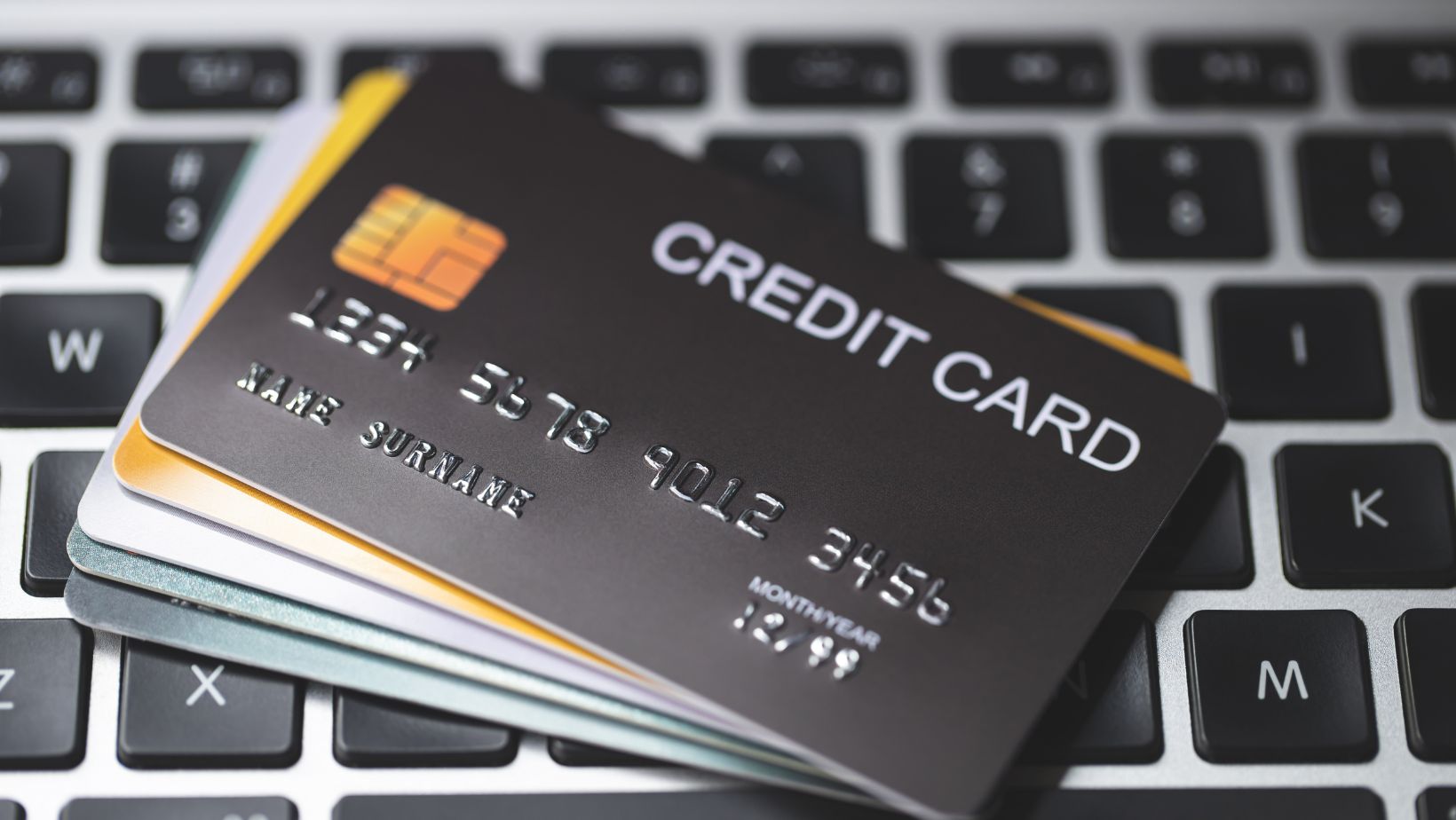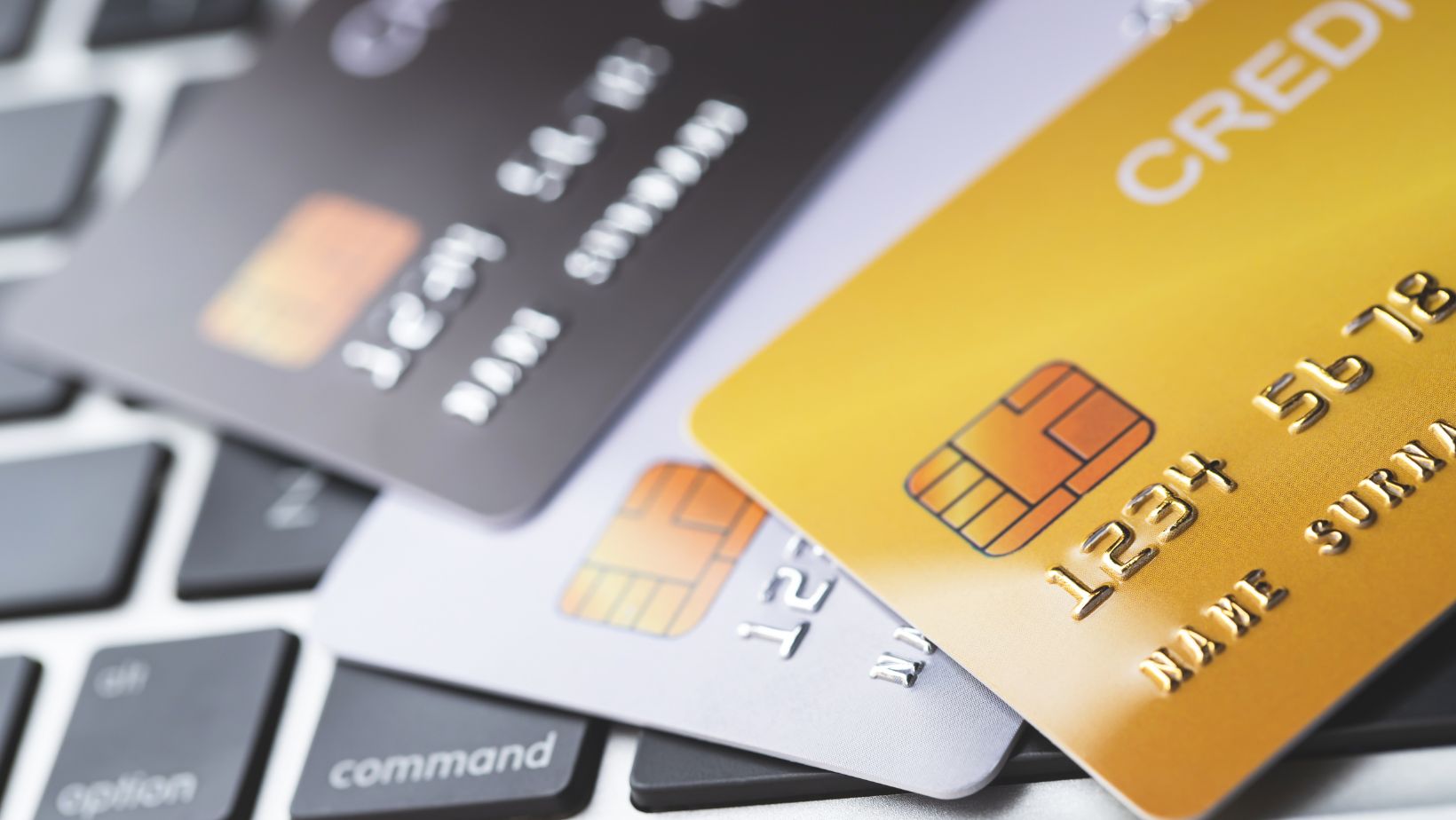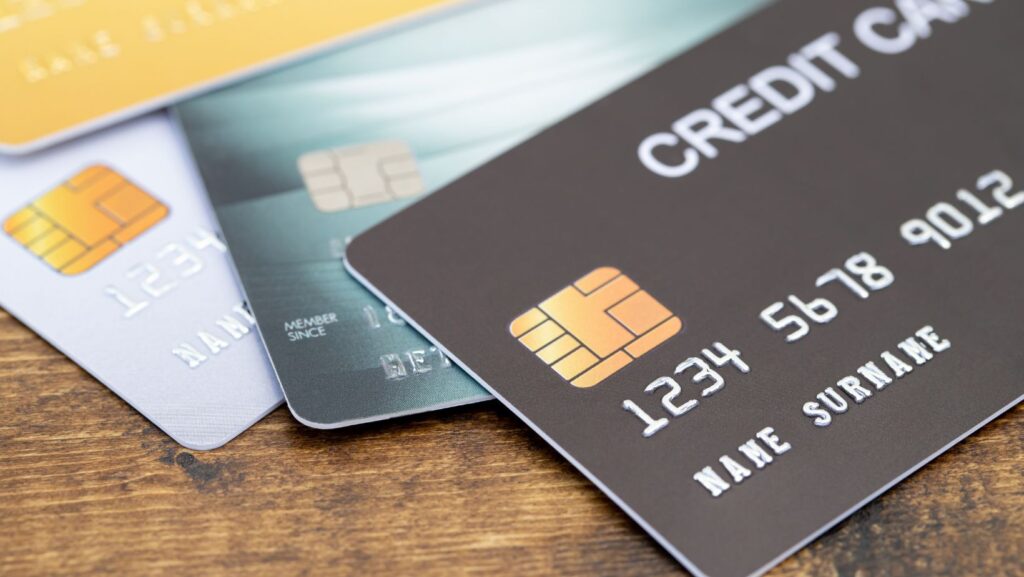Credit cards are an invaluable financial tool, but they do have their drawbacks, especially when they’re not used responsibly. For this reason, some people may prefer to consider credit card alternatives. Below, we outline some non-credit and credit alternatives to traditional credit cards.
Non-credit alternative: Debit card
The first and most popular non-credit alternative to a credit card is a debit card. Debit cards are granted when you open a chequing account at a financial institution, such as a bank. In fact, if you already have a bank account, then chances are you have a chequing account.

While a debit card and corresponding chequing account won’t help you build up credit the way a credit card will, they can still be useful financial tools. Namely, debit cards can help you track your spending and stay on budget. Since the money is taken from your account the moment it’s spent, they also prevent you from overspending. Depending on which bank you choose, there may be monthly fees associated with your debit card based on the number of transactions you make. Be sure to do your research in advance and choose a debit card that aligns with your needs and purchase patterns.
Non-credit alternative: Prepaid card
A second non-credit alternative is a prepaid card. A prepaid card essentially functions as a gift card with a credit card company’s logo. A prepaid card works as follows: You load money onto it (amounts can range from $50 to $500) and use it to make purchases up to the card limit (whatever amount you loaded onto it). Like a debit card, prepaid cards won’t help you build or improve your credit, but they can allow you to make online purchases and teach you how to manage money responsibly. Unlike credit cards, there are no interest fees associated with prepaid cards. However, they may come with purchasing or monthly fees.
Credit alternative: Secured credit card
If you’re interested in a credit alternative to a credit card, a secured credit card might be up your alley. A secured credit card is designed to help those with low credit scores rebuild their credit. To open a secured credit card account, you are typically required to pay a deposit to the credit card company. This deposit typically falls between 100% and 200% of your desired credit limit. For example, if you are applying for a secured credit card with a $1,000 credit limit, you may be required to make a $1,000 or $2,000 deposit. On top of the deposit, you will likely also be responsible for paying a monthly fee. In the event that you are unable to make a payment on your secured credit card, the issuer can pull the money from your deposit.
Credit alternative: Line of credit or loan
One final credit alternative to a traditional card is to explore flexible financing options such as a personal loan or line of credit. These options can provide more tailored solutions for your financial needs, offering structured repayment plans and potentially more favorable terms compared to credit cards. A loan might make the most sense if you have a specific purchase in mind, such as a car or a home. To get a loan, you must first apply for one. Many financial institutions grant loans. However, remember that loans come with interest rates, which are largely dependent on your credit score and history.

If you don’t have a specific purchase but want access to money for emergencies, you may consider taking out a line of credit. A line of credit functions as another bank account, allowing you to transfer money to your chequing account as needed. Interest rates for personal lines of credit vary, and you must pay the interest on whatever amount you’ve borrowed each month.


